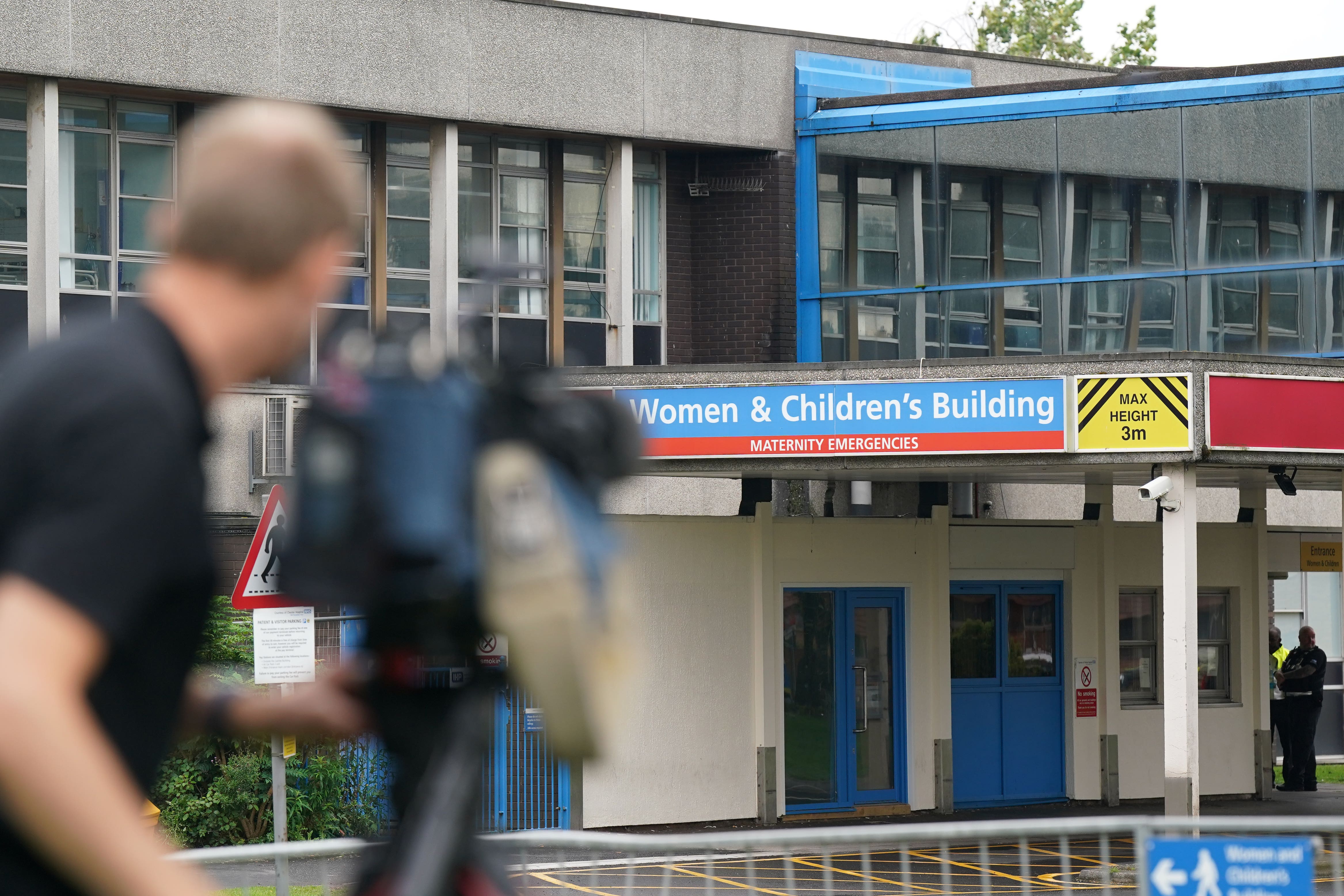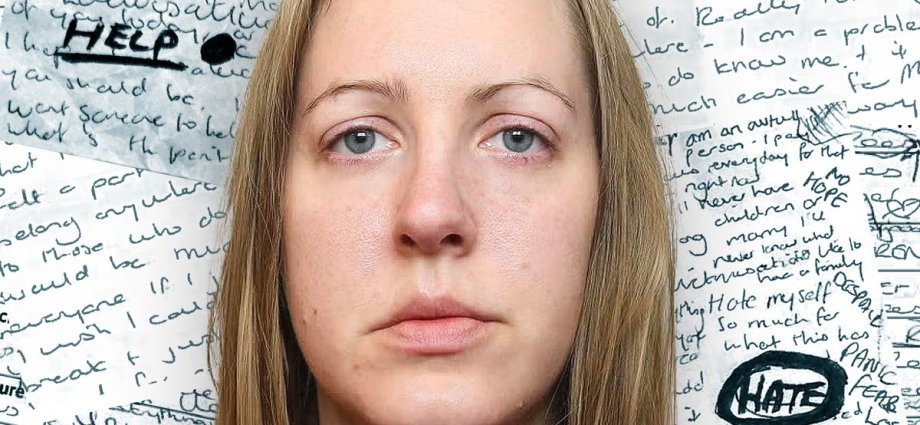The nursing and midwifery regulator failed to act quickly enough after Lucy Letby was arrested because of a loophole in its guidance, according to an unpublished review.
The Nursing and Midwifery Council (NMC) asked a top barrister to review how it responded to a referral of nurse Letby in 2018, after concerns were raised internally over an alleged lack of action, according to several sources.
When Letby was arrested over the murders of several babies at the Countess of Chester Hospital, the regulator did not place any temporary suspension order on her right to practice as a nurse until a year later in 2020, when she was charged.
Sources now say the barrister’s review – for the Thirlwall Inquiry – has found the watchdog could have acted earlier after her arrest. The findings are yet to be published – but the NMC changed its guidance in April this year following the review, clarifying that investigators did not have to wait until a nurse is charged to place a temporary suspension order.
The news comes after a series of reports by this publication uncovered a “toxic” within the NMC, including its failures to address a whistleblower’s concerns over how it approached sexual assault, domestic violence and racism cases.
The results of the inquiry published last month, commissioned after The Independent’s reports, found failures by the watchdog including a seven-year delay in striking off a nurse who was accused of raping a colleague and sexually assaulting a patient.
Earlier this month, The Independent revealed hundreds of nurses and doctors were left free to work without temporary sanctions between 2018 and 2024, despite facing serious sexual assault allegations.
After her arrest, Letby had bail conditions imposed preventing her from working with children and babies. However, she would technically have been free to practice as a nurse.
The NMC said Letby was referred after the murders occurred and that the trust had removed her from clinical practice.
The regulator published new guidance on temporary suspensions of nurses in March. The Independent understands the guidance was prompted by the barrister’s advice, and changed to include the following: “We do not always need to wait until a person has been charged before applying for an interim order and, in appropriate cases, we may decide that a case should be put before a panel for interim order consideration prior to charge.”

An NMC spokesperson said: “As a core participant in the Thirlwall Inquiry, we are providing evidence about our handling of the fitness to practise case for Ms Letby. When the inquiry concludes, we will provide a statement addressing any recommendations the inquiry makes to us.”
The watchdog said it announced an internal review group at the end of 2022 and that there has been an ongoing process of learning lessons to inform its evidence to the Thirlwall Inquiry.
As part of its review, it has made changes to rules around interim orders so that exceptional cases receive greater oversight.
It said: “Under the updated guidance, we will consider whether to apply for an interim order when there is cogent evidence of wrongdoing, for example, the fact that a professional is being investigated for extremely serious criminal offending. The change therefore clarified how we deal with extraordinary cases.”
The NMC has set itself a target to have 80 per cent of interim orders imposed within 28 days. Recent figures published by the watchdog show it did not hit this target in 2023-24 and, as of June this year, 60 per cent of referrals had an interim order within this timeframe.

The Independent has uncovered other cases of nurses accused of murder who had no interim order when they were arrested.
Victorino Chua was charged with the murder of three patients at Stepping Hill Hospital in 2014, and later convicted of 33 separate charges including two murders in 2015.
According to a fitness to practice hearing, the NMC received a referral from the NHS hospital where he worked in 2012. However, it was not until he was charged in 2014 that the watchdog launched an interim order hearing. He was struck off in 2015.
In another case, a nurse named Wilfred Mvikeli Jacob was arrested for murdering his wife in September 2019. He pleaded not guilty but was convicted of her murder in 2021 and sentenced to life imprisonment. He was removed from the NMC’s register in September 2021.
Following reports by The Independent last year, the regulator was also forced to change its guidance on how it handled sexual assault and domestic violence complaints against nurses and midwives after it was revealed the NMC was not acting on cases where incidents happened outside of the workplace.
The Department for Health and Social Care was approached for comment.











